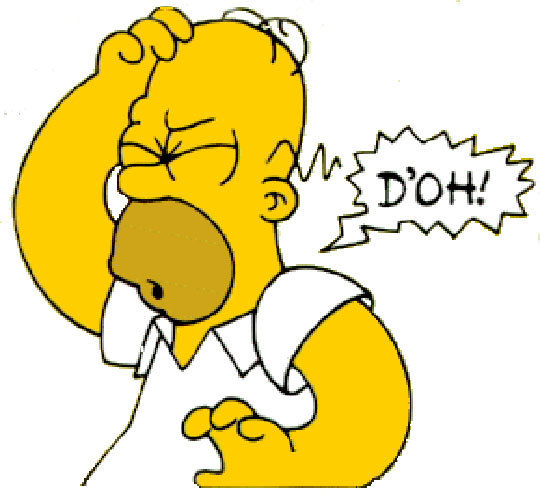It Makes Offense in Context
 Since I pre-schedule blog posts well in advance, I'm going to do this John Oliver-style and point out that about two weeks ago, the internet erupted in...lively debate... over a number of issues, ranging from ill-advised pyrotchnics to worse-advised overshares. What ties all of these incidents together is that those who had shared/lit fire to the offending material immediately fell back on the justification that it was 'just a joke' or that people needed to 'lighten up'. More interestingly, there was an outpouring of analogies: no one would be upset if it was X instead of Y! So why are people so upset about X?
Since I pre-schedule blog posts well in advance, I'm going to do this John Oliver-style and point out that about two weeks ago, the internet erupted in...lively debate... over a number of issues, ranging from ill-advised pyrotchnics to worse-advised overshares. What ties all of these incidents together is that those who had shared/lit fire to the offending material immediately fell back on the justification that it was 'just a joke' or that people needed to 'lighten up'. More interestingly, there was an outpouring of analogies: no one would be upset if it was X instead of Y! So why are people so upset about X?This seems like as good an opportunity as any to talk about the power of context. This is incredibly important for a writer to think about, both in terms of building their story-- what is the in-universe context of any given action or event?-- and in terms of how their story will be perceived by the audience-- that is, the context in which the story interacts with the world. When discussing either, you can divide 'context' up into two broad categories:
Immediate context. This is the intent of whoever is telling the joke or painting the painting or writing the screenplay or spraying the graffiti. In the moment of communication, this person has an intent. While intent can be meaningless once the piece of communication escapes into the wild (more on that in a moment), intent can be an important framework for interpreting the statement/painting/graffiti/movie-- immediate context is often the means by which one can differentiate satire from the real thing. There are also opinions we can articulate more easily in front of people who know us well and can 'fill in' nuance from that knowledge base, whereas expressing these opinions to a wider audience requires more finesse to establish the finer points of meaning for people whose only immediate context is what's right in front of them.Social/Historical context. This is the baggage a word, symbol, or action has acquired because of historical events, social trends, or collective cultural knowledge. Thus drawing former US President George Bush as a monkey is a cheap jibe at his competence, while depicting President Obama as a monkey carries the weight of hundreds of years of racism and violence against Africans and black Americans and is thus light-years more offensive. While the creators of such content can claim they didn't know, that's part of the problem: one group being systematically insulated from wrongs being suffered by another group, which brings us back to the point that creator intent has a limited effect on how people should or will interpret something.
The thing is, none of us can know everything, and all of us will open our mouths and insert our feet, no matter how hard we try. At the same time, the human inevitability of messing up and being offensive isn't a blank cheque for lazy research. Solid research about a topic should give you insight into the social and historical context, and should head off many potential problems at the pass.
Published on November 17, 2014 00:38
No comments have been added yet.



